Hiking Kasugayama Primeval Forest
Nara City is home to literally dozens of World Heritage sites, many of which are Japanese temples and shrines. However, there are several places recognized as World Heritage sites that are neither. One example is Kasugayama Primeval Forest. Just a few short minutes from the central area of Nara City, this ancient forest is one of Nara’s many treasures.
Kasugayama Primeval Forest
South Entrance to Kubikiri Jizo
There are two entrances to the Kasugayama Primeval Forest trail. The north entrance is near a little restaurant called Mizuya-chaya between Kasuga Shrine and Todai-ji. The south entrance is on the south side of Kasuga Shrine.
The entrances are not that clearly marked, so you should take a map! Once you enter the forest the path is very clear and easy to follow. The trail is well-maintained and not at all steep, so you probably won’t need special gear other than a decent pair of hiking shoes.
We decided to start from the south entrance and went up to Mt. Wakakusa, and then down to Nara Park.
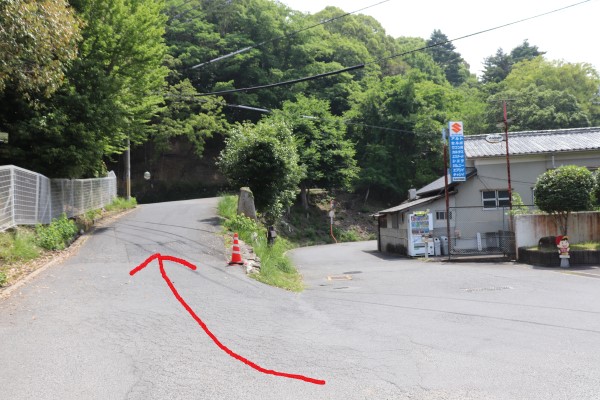
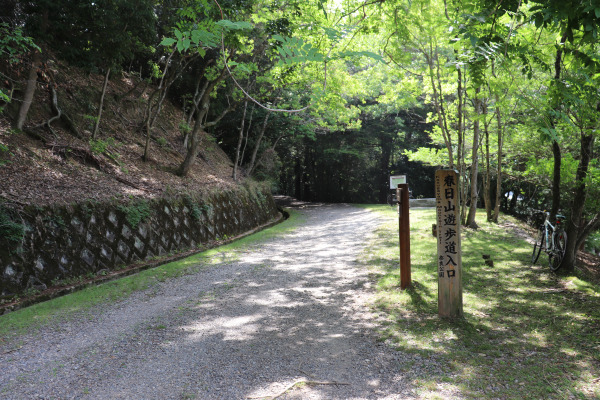
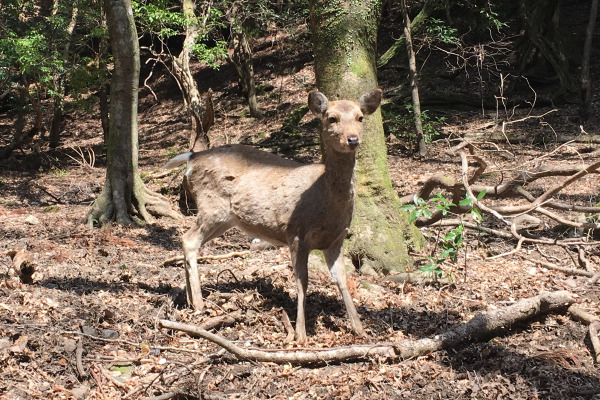
Kasugayama Primeval Forest is a sacred forest that Kasuga Shrine has protected since 841, when they prohibited cutting down any trees in the forest. This means that many trees in the forest are hundreds upon hundreds of years old.
However, this doesn’t mean the forest is completely unchanged. Rather, it has been well maintained but essentially undisturbed. Even though there has been some human involvement, the main goal has always been to maintain the forest’s rich ecological balance and diversity.
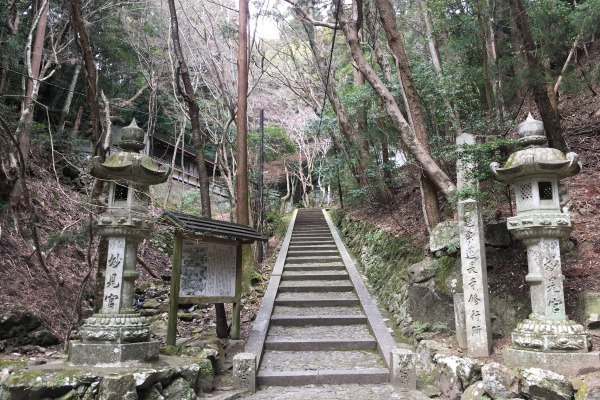
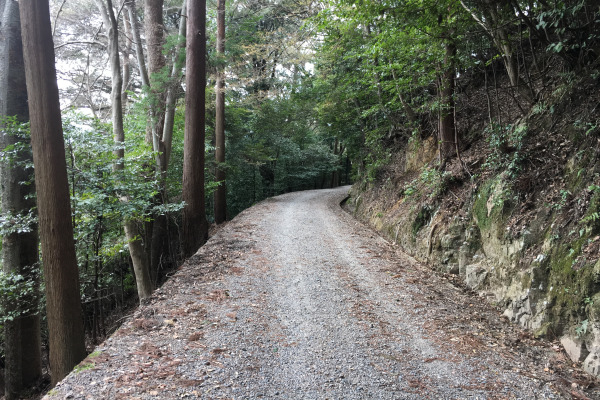
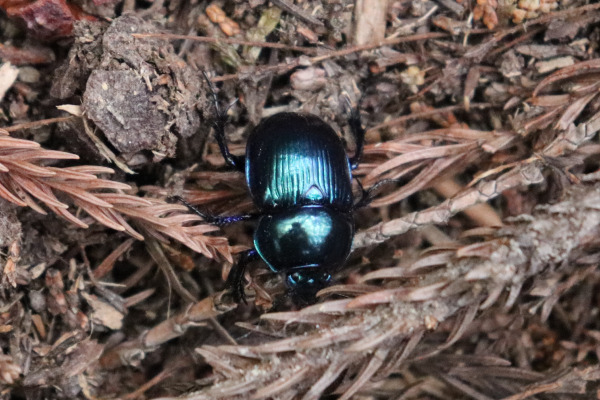
Kubikiri Jizo
Kubikiri Jizo statue has had it rough! He was once used for practice by sword master Araki Matauemon. It is around this jizo that the trail merges with Yagyu Kaido from Yagyu.
We found these stone Buddha carvings. It turns out these carvings are quite old; from the Heian Period. In the 12th century, workers from Todaiji would go into Kasuga to look for stones to build the temple. While harvesting rock, they also made these carvings and left them in Kasuga.
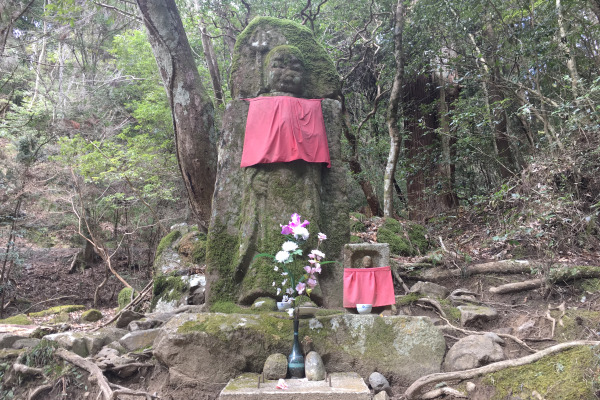
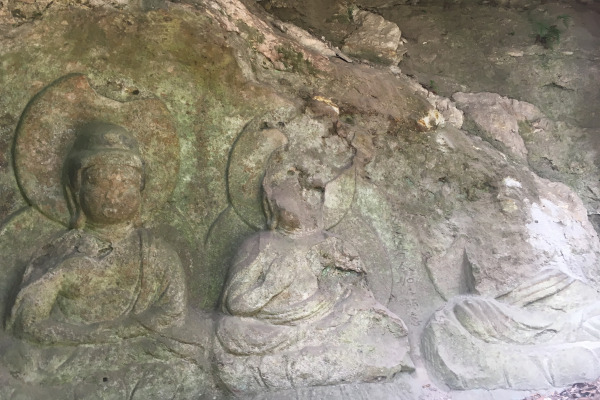
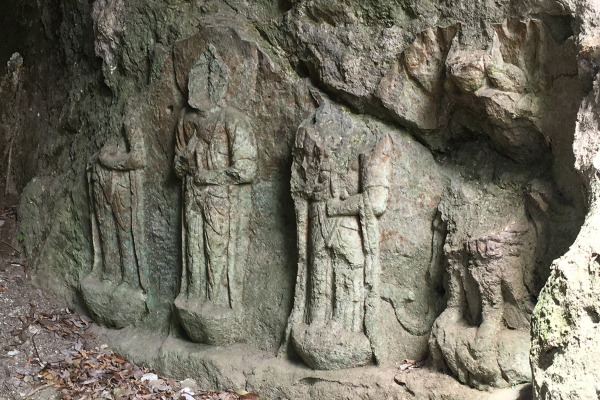
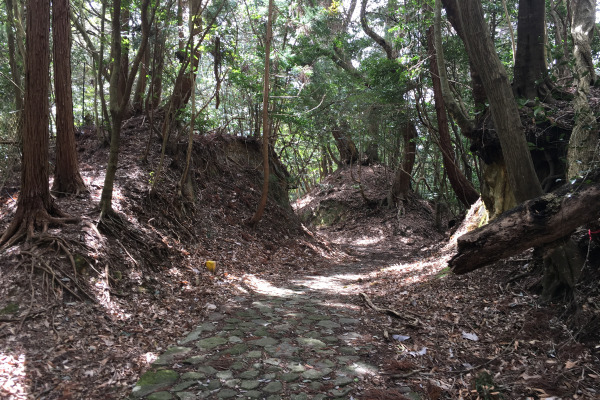
World Heritage Marker and Uguisu no Taki
World Heritage Marker serves as the halfway point on the trail. If you go over the bridge, you will cross into the oldest part of the forest, and Uguisu no Taki waterfall.
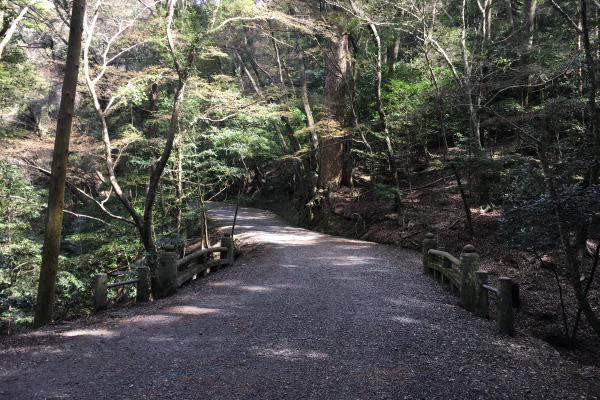
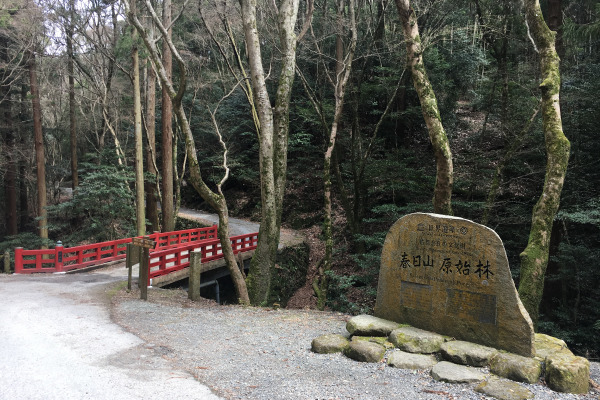
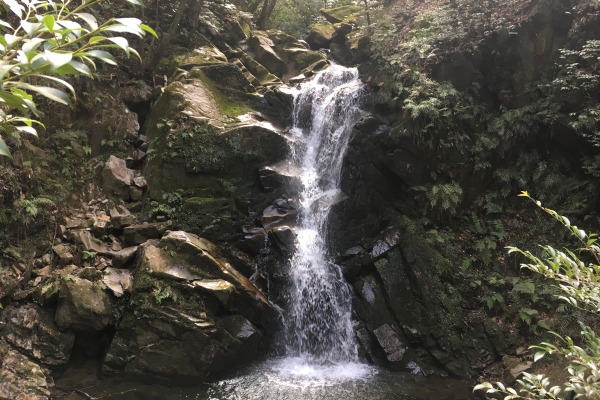
To the North Gate of Kasugayama Primeval Forest
After a while, the trail for Mt. Wakakusa separates from the Kasugayama Primeval Forest trail. From the Kasugayama Primeval Trail, you can visit the summit of Mt. Wakakusa without almost any elevation.
Mt. Wakakusa is a 342m tall mountain and you can see the spectacular view of Nara city from the top of the mountain.
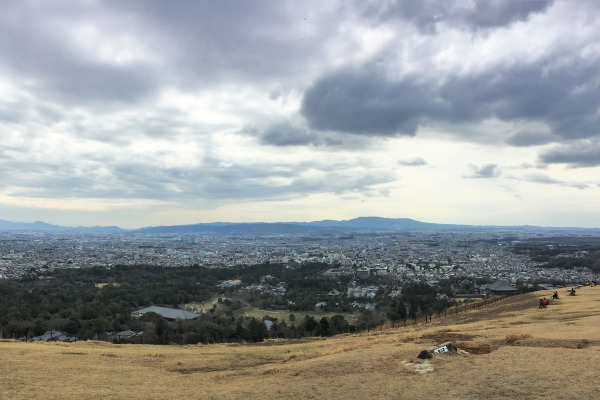
If you continue the Kasugayama Primeval Forest trail, you will come out at the north entrance which is near a little restaurant called Mizuya-chaya between Kasuga Shrine and Todai-ji.
All in all, we walked ten kilometers in about four hours. Since the hike wasn’t particularly steep, we didn’t feel as tired as we thought we would.
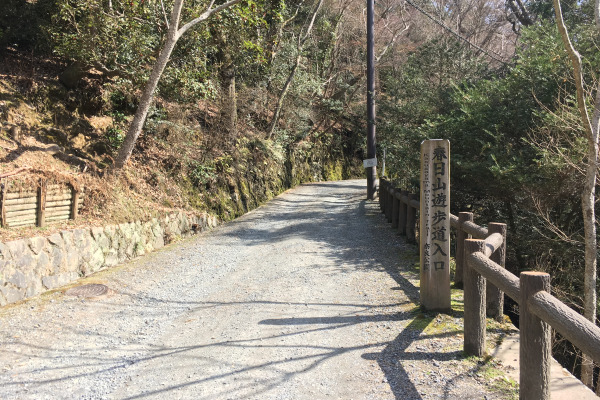
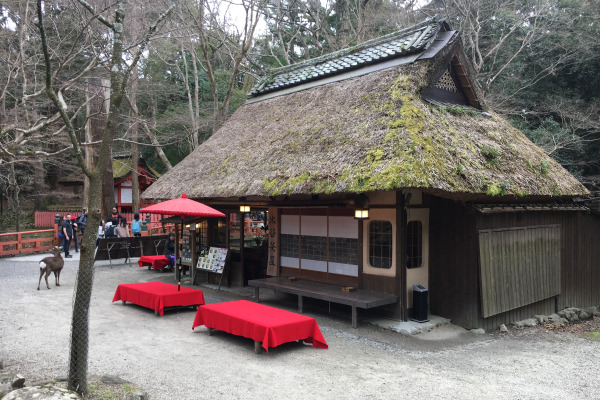
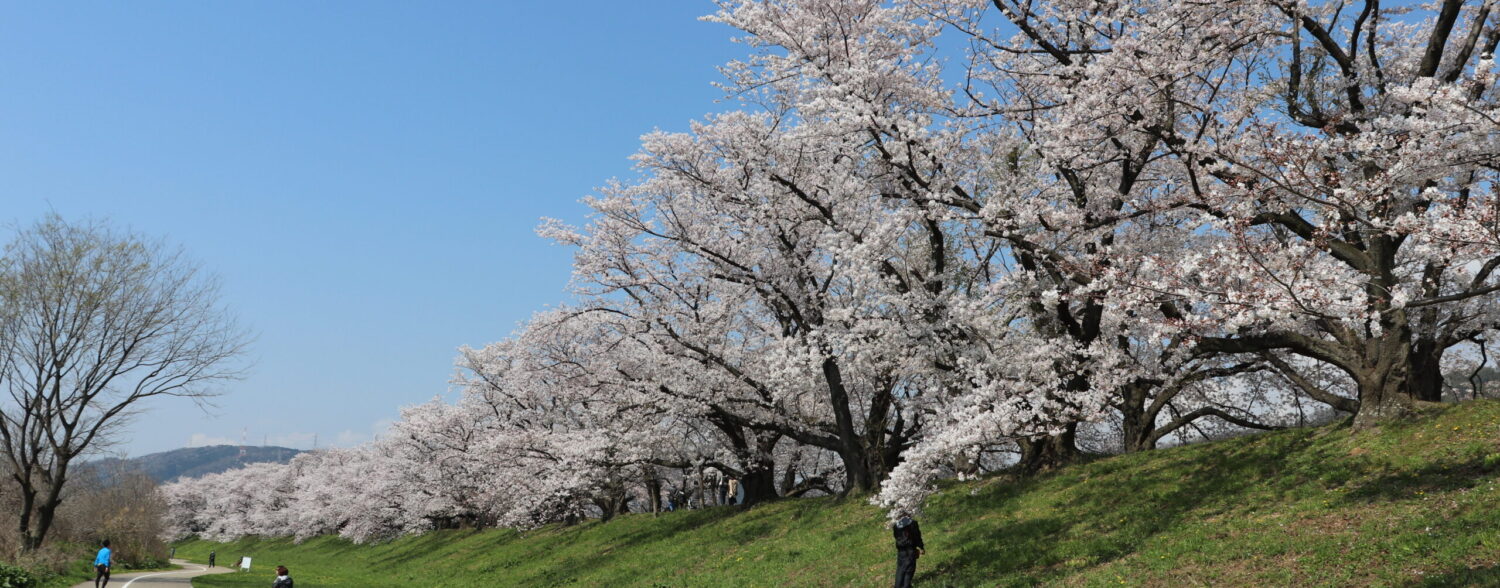
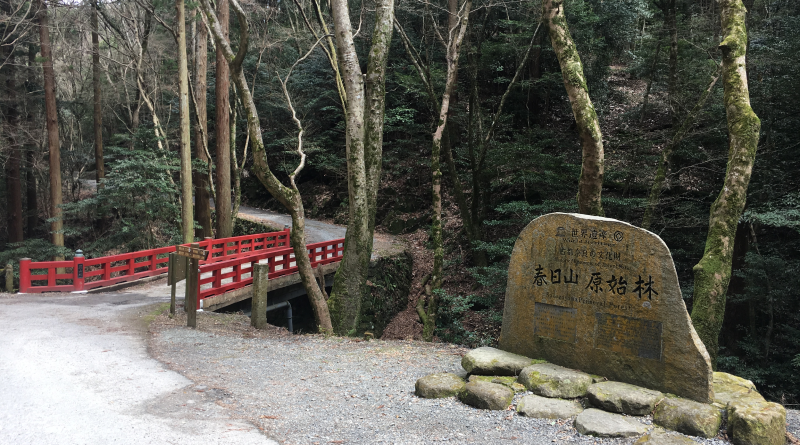
Leave a Reply